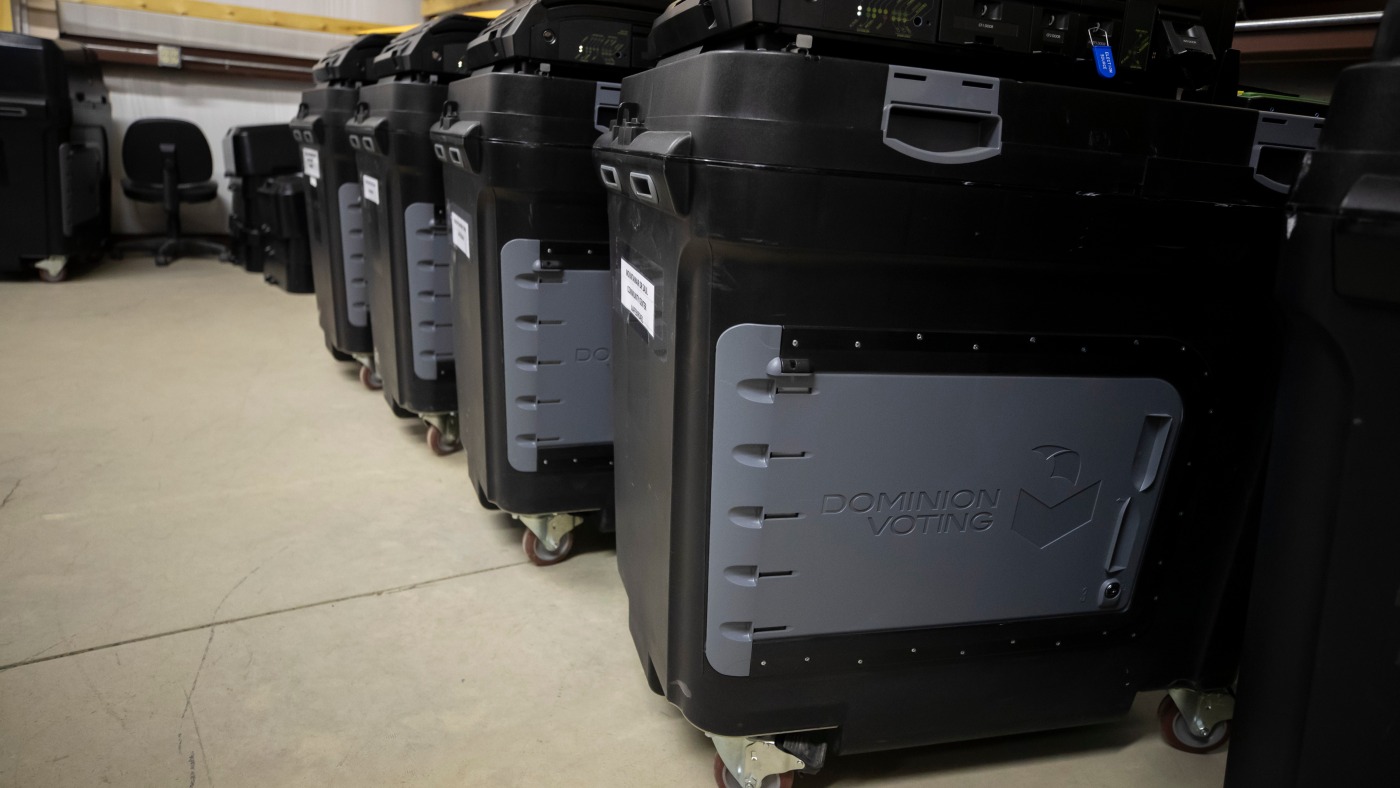What Happened: The ranking member of a key House subcommittee demanded answers this week from the Environmental Protection Agency about why it has yet to make public a report documenting the health risks posed by a forever chemical found in the water of millions of Americans.
In a letter sent to the EPA on Thursday, Rep. Chellie Pingree, D-Maine, cited a ProPublica story from last week that quoted government scientists saying the report had been ready for publishing in April but had yet to be released. Pingree — the top Democrat on the Appropriations Committee’s Subcommittee on the Interior, Environment and Related Agencies — asked EPA Administrator Lee Zeldin for “clear answers” about why the report had not been made public, who directed its delay and when Zeldin would commit to releasing it.
What They Said: Pingree referred to the delay in publishing the report as part of “a growing pattern of interference with the Agency’s scientific work” and pointed to the Integrated Risk Information System, the EPA program that wrote it. IRIS, which was created during Ronald Reagan’s presidency, analyzes the health harm chemicals can cause. “The Trump Administration, Republicans in Congress, and industry have been hostile to the IRIS program,” she wrote, asking whether scientists had been removed or reassigned from the program and, if so, why.
Her letter also noted that the “delay in issuing the PFNA report coincided with EPA’s decision, in May of this year, to rescind” drinking water limits for PFNA and several other forever chemicals, also known as PFAS. “This seems to be more than coincidence given that there has been strong industry pushback on regulating PFAS,” Pingree wrote.
Pingree noted that the delay appears to contradict Zeldin’s repeated public statements about protecting the public from PFAS compounds, which contaminate soil and water in Maine and throughout the country. “Our state is really hoping for help from the federal government. And when you see the federal government turn their back on you and decide to withhold the data … that’s really discouraging,” she told ProPublica. “Reading that piece made my blood boil.”
Background: PFNA is in drinking water systems serving some 26 million people. The report in question found that the chemical interferes with human development by causing lower birth weights and, based on animal evidence, likely causes damage to the liver and to male reproductive systems, including reductions in testosterone levels, sperm production and the size of reproductive organs.
PFNA was a component of firefighting foam and a processing aid to make a kind of plastic used in circuit boards, valves and pipes. Although it was subject to a voluntary phaseout almost two decades ago, the chemical is now widespread in the environment.
ProPublica’s reporting found that IRIS has been drastically reduced under the Trump administration. The program, which calculates values that can be used to set limits for pollutants in drinking water and cleanup levels for toxic sites, has been a frequent target of industry. Project 2025, the conservative blueprint that has set the direction for President Donald Trump’s second administration, called for IRIS to be eliminated. Earlier this year, Republicans in Congress introduced legislation called the “No IRIS Act.” Of 55 EPA scientists Publica identified as having worked on recent IRIS assessments, only eight remain in the office, according to a source familiar with the program.
Why It Matters: The report calculated the amount of PFNA that people can be exposed to without being harmed — a critical measurement that can be used to set limits for cleaning up PFNA in contaminated areas called Superfund sites and for removing the chemical from drinking water. This calculation will prove critical to communities around the country as they battle polluters over who will pay to remove PFNA and other forever chemicals from the environment.
Response: Last week, an EPA spokesperson told ProPublica that the report on PFNA would be published when it was finalized but did not answer questions about what still needed to be done or when that would likely happen. The agency’s press office did not respond to questions about Pingree’s letter.












